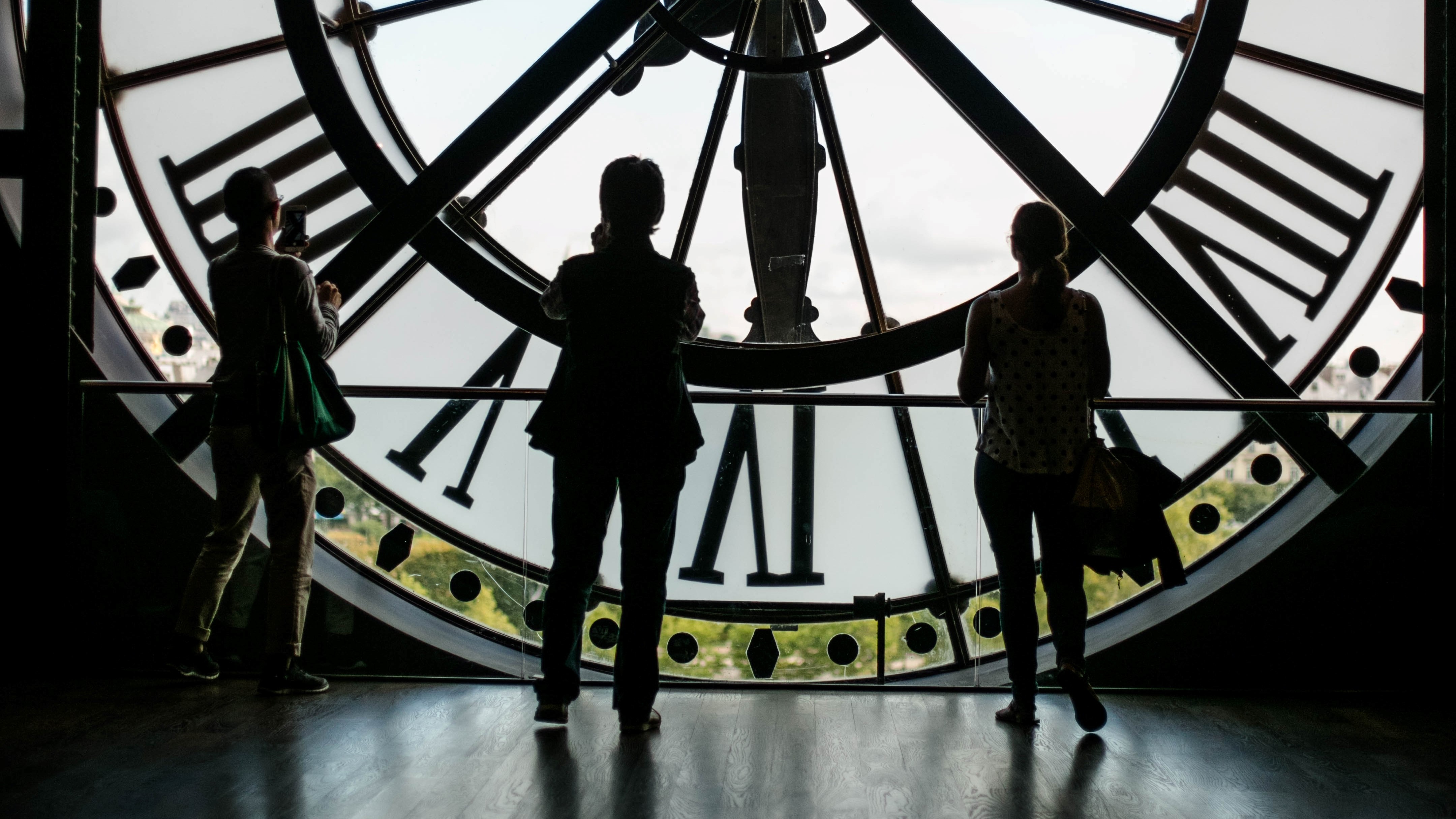High School Schedules Are Disrupting Teens’ Sleep Chemistry

Teens seem to operate on a different sleep schedule, staying up late and waking up late—unless its a school day. But Nathan Collins of Pacific Standard reports that if biology had its way, this pattern would be the standard. However, it seems that high school’s early call to classes may be interfering with what researchers have found to be a natural part of adolescent development.
The study took 94 adolescents made up of 38 youths ages 9-10 years old and 56 teens ages 15-16 years old. The participants were assessed every six months for 2.5 years, in addition to the participants keeping their own sleep journals and wearing activity trackers to monitor their sleep schedules. Researchers also brought the participants in for more objective testing to measure when their bodies start producing melatonin (a chemical stimulated by darkness that helps aid in sleep).
This data allowed researchers to measure the difference between the participants’ wants and their bodies’ needs. From the data, researchers found that differences between weekend and weekday wake times increased with age in the younger participants:
“The consistent early weekday sleep offset [wake] times across 9 to 17 years, followed by a delay at age 18 and 19 years indicates that the school schedule may suppress a biologically-driven behavior to sleep later. ”
“Roenneberg and colleagues reported that the degree to which weekend and weekday sleep timing differ increases over the second decade of life, and they relate the phenomenon to the construct of “social jetlag” (i.e., the degree to which social and biological clocks conflict).”
The bottom line is that no matter the school policy, teens’ melatonin rhythms just don’t support a 7 A.M. wake time. Researchers found that 8 or 8:30 A.M. would correspond to adolescences more natural wake times. Regardless of when teens should wake up their melatonin rhythms aren’t matching up. Their bodies want to stay up later, making them sleep-deprived during the week days.
Researchers leave off with a warning to institutions:
“The current study’s findings support a concern that exaggeration of social jetlag and potential associated health risks arise as adolescents’ biological tendencies to delay are confronted by an early school bell.”
Read more at Pacific Standard
Photo Credit: Sabphot/ Shutterstock





